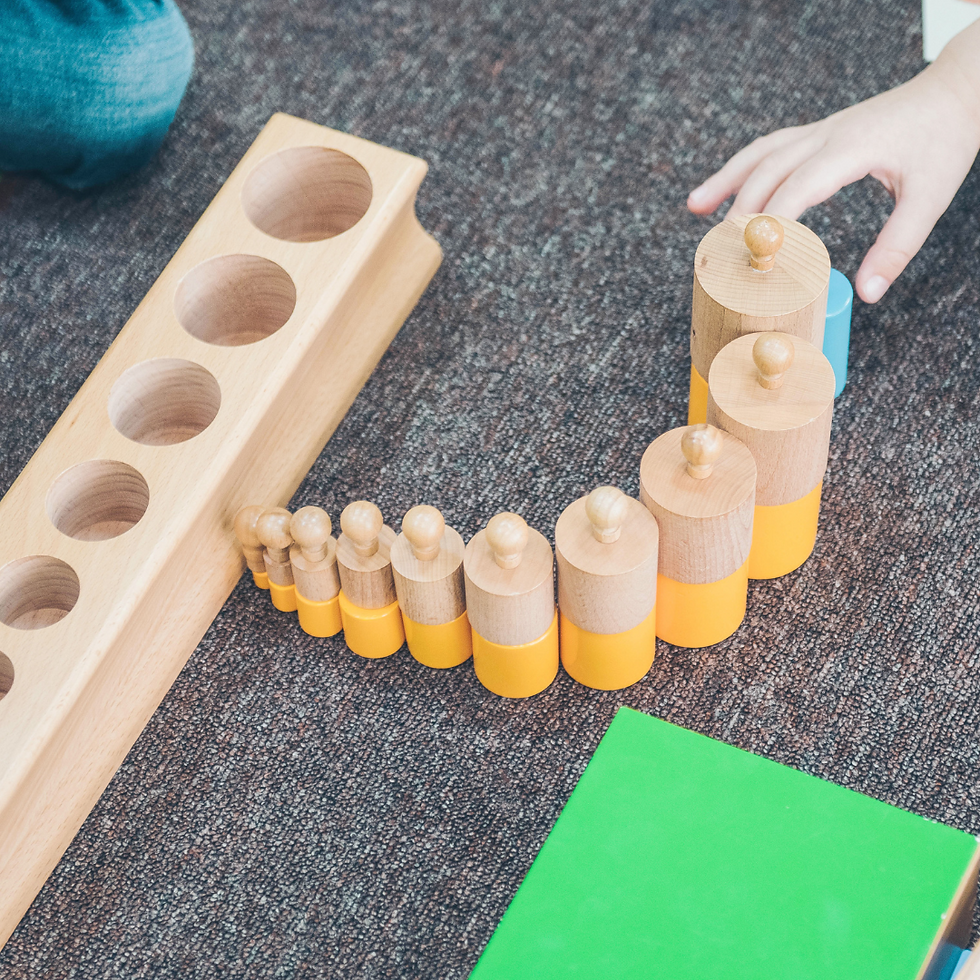What is Montessori Education
- Roshan A
- Feb 20, 2023
- 1 min read

Montessori education is a child-centered approach to learning that emphasizes hands-on, self-directed exploration and discovery. It was developed by Dr. Maria Montessori, an Italian physician and educator, in the early 20th century.
In a Montessori classroom, children are encouraged to learn at their own pace, to explore their interests and curiosities, and to collaborate with their peers. The classroom is typically arranged into different learning areas, with materials and activities that support the development of different skills and abilities.
One of the key principles of Montessori education is respect for the child's individuality and autonomy. Teachers aim to support children's natural curiosity and love of learning, rather than imposing a predetermined curriculum or set of expectations. Montessori educators also prioritize the development of social and emotional skills, such as empathy, cooperation, and conflict resolution.
There is some debate among educators and researchers about the effectiveness of Montessori education, as well as the best age range for children to begin this type of learning. However, many parents and educators find that Montessori can be a highly effective and engaging approach for young children, particularly those who thrive in a more self-directed and experiential learning environment.




Comments